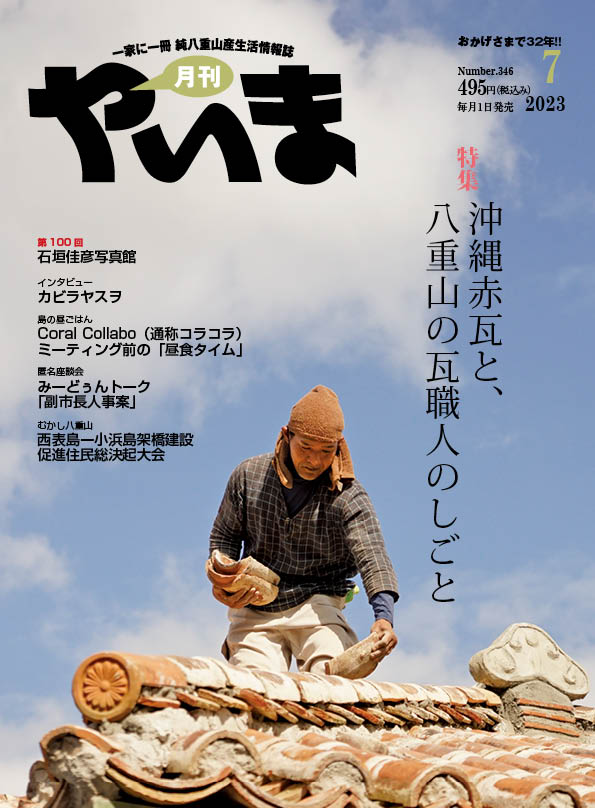
I'll tell you a scary story.
This is a story about when I went to an izakaya run by an acquaintance of a friend on the main island of Okinawa. The owner was in his forties and was a very kind man who offered me food and drinks even though we had just met.
On the way home after a fun day, when I say to my friend, "That old man was a nice guy," they don't understand and just reply, "Who are you talking about?"
When I replied, "He's someone you know. He's the old man who runs the shop," my friend became angry for some reason and said, "What? Are you talking about Mr. X? He's not old enough to be an old man yet! You shouldn't say that to someone who was so kind to you. Isn't that just rude?"
I thought, "What is he getting so angry about all of a sudden?" but at the same time, it looked like he was going to use this conversation as an opportunity to start criticizing my everyday behavior and even my personality, so I held back the urge to say back, "He's an old man already, and in fact I'm an old man too, and you're already an old man too!" and instead changed the topic to something less awkward, saying, "Oh, by the way, apparently Ender's potatoes aren't actually potatoes," and I went home feeling frustrated.
When people from Okinawa's main island hear what I've said so far, they probably have the same rude impression of me as my friend did. However, this is not the case for people from Ishigaki Island.
To begin with, "ojii" and "obaa" do not exist in the Ryukyuan language; they are a type of Okinawan dialect derived from the national common language.
It is a word used throughout Okinawa, but after a little research I found that on the main island of Okinawa it only refers to "grandpa" and "grandma."
In Ishigaki, once people have nephews or nieces, they often start calling them "uncle" or "aunt," and they also refer to "uncles" and "aunties" as "Uncle XX" and "Aunt XX."
This incident made me realize that the same words can have slightly different meanings and this was a misunderstanding.






